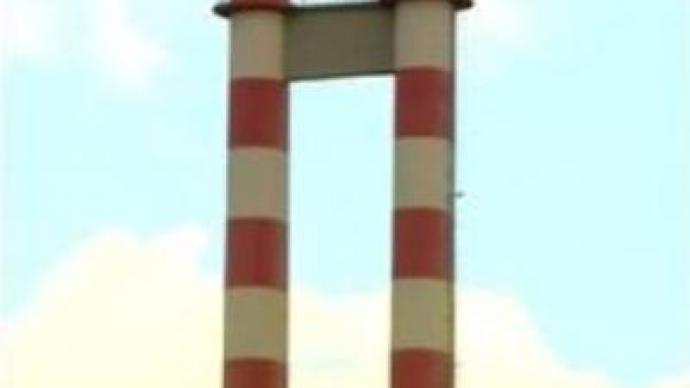Russians complete repairs at Hungarian nuclear power plant

Russian nuclear specialists have completed repair work at the Paks nuclear power plant in Hungary. Its operation was disrupted in 2003 following one of the most dangerous incidents since the Chernobyl disaster.
Damaged nuclear fuel was trapped in one of the power generating units -raising serious concerns over the power plant's safety and future. The reactor wasn't damaged, but despite this energy production was stopped for several months.It took more than 3 years and almost $US 10 MLN to remove the dangerous material.Built in 1982 using Soviet technologies, the Paks power plant later turned to western-made equipment. So the incident in 2003 forced its officials to ask Russian for help. A tender for repairing the power plant was won by Russia's nuclear fuel giant TVEL. For Russian companies restoring the Paks nuclear power plant was a matter of prestige.“It was not an economic challenge for us, but a technological one. The incident occurred on the western-made equipment, so we proved we're able to correct others' mistakes,” said Anton Badenkov, TVEL Acting President.Unique technologies have been used during the repair process and extra safety measures were enforced during the dangerous work.“The dose of radiation received by those taking part in repair work is similar to what we're getting at the moment. It's a background level, which is not dangerous at all,” commented TVEL Vice President Pyotr Lavrenyuk.To be prepared for unforeseen problems the power plant's staff annuallyundergo week-long training sessions in one of the best training centres in Europe.“I've been to training centres in France and South Korea. They use similar technologies. We took our equipment from a Polish nuclear power plant still under construction,” remarks Laszlo Juhasz, the Head of Nuclear Technology Training Section.As the repair work at the Paks nuclear power plant is complete, its officials are planning to upgrade the station to make it more efficient and powerful.
You can share this story on social media:












